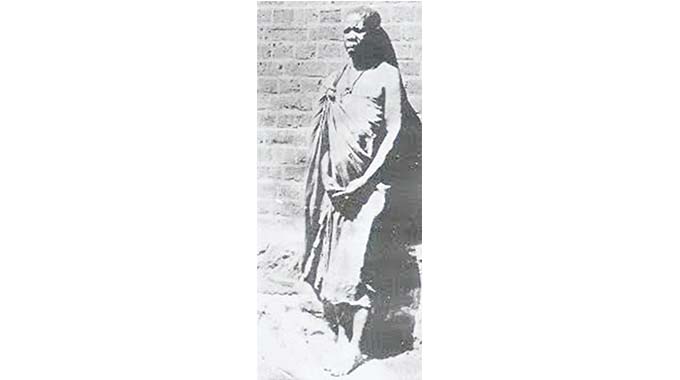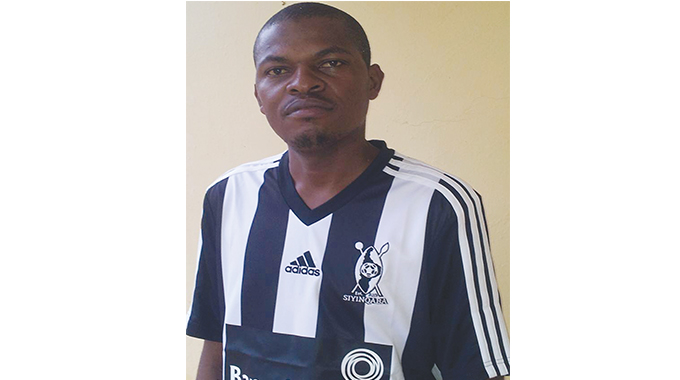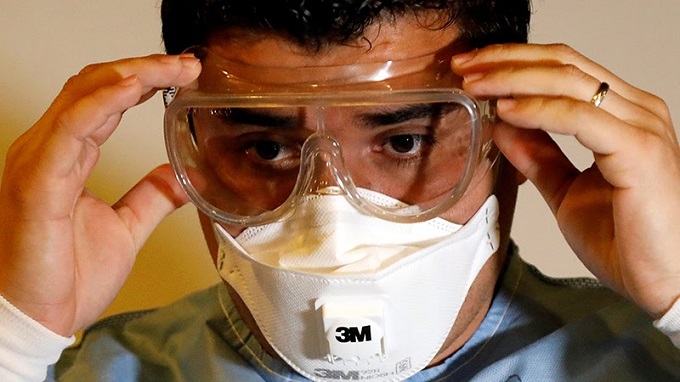With Gogo Nehanda Zim’s liberation headline

Stephen Mpofu
Gogo Nehanda was hanged by racist colonial administrators in Salisbury, now Harare, in 1898 for encouraging blacks to engage in an insurrection against the country’s British colonial rulers.
However, her call for the oppressed to take up guns and liberate themselves would be vindicated by the armed revolution that eventually brought independence to this country in April 1980.
Work on erecting the statue of that illustrious heroine, albeit by way of her spiritual influence, is already under way at the point where Samora Machel and Julius Nyerere — iconic African liberators while in the flesh — meet, to provide Harare and with that Zimbabwe as a whole, a vintage site for both locals and international tourists to gaze at and read the headline of the liberation of Zimbabwe written all over the statue that, hopefully, will have an AK-47 clasped in her hand.
But sadly, however, those inspired by the statue to quench their thirst and heading to libraries and book stores for detailed historical accounts of the armed struggle, are wont to stamp their feet or punch the air with their clenched fists in anger at finding little if altogether nothing immortalised in cold print to tell the story of how the heroines and heroes this nation whom Zimbabweans celebrate this coming week and every year in August survived near-impossible living conditions among wild beasts, snakes and mosquitoes in the bush to bring to a scintillating peak Uhuru on April 18, 1980.
This writer, and no doubt other concerned Zimbabweans, regard as a tragic irony that a people that has largely failed to write a history of its journey from oppression to independence and freedom is set to host a pan African liberation museum — an honour indeed to be bestowed on our country by other African leaders in recognition of how we acted on heroine Nehanda’s advice to take up the gun and liberate ourselves from “those without knees” who invaded our country and made us second-class citizens.
Well documented accounts by authors and historians of how Zimbabweans blitzed their way through racism and oppression and to respectability in the global village would, in this communicologist’s opinion, complement research material provided by the proposed museum on the liberation of the African continent from foreign rule.
It is indeed tragically ironic that a people touting itself, and touted by other African nations, for its high literacy rating of over 90 percent on this continent to have failed to live up to its expectations by chronicling its terrible journey from oppression to freedom.
High literacy goes beyond merely learning to read and write to repositioning a nation’s place in the global village by documenting its triumphs and failures, the latter to catalyse new beginnings for successes.
Belated though it is, something should seriously be done to produce a history of the journey that our people travelled through colonial Rhodesia and to present-day Zimbabwe, 40 years on.
The powers that be might wish to consider setting up a team of historians, researchers and journalists who participated in the liberation struggle physically or were conscientious observers of the revolution.
Those in the latter category include Dr Obert Mpofu, the Zanu-PF Secretary for Administration and a former Cabinet Minister, who was highly trained and worked as a journalist while in exile after a stint in the liberation struggle in this country.
Mr Saul Gwakuba Ndlovu is another former freedom fighter who once worked alongside this writer as a journalist in Zambia, with Mr Jonathan Maphenduka a former assistant editor at the Chronicle, also a suitable person to assist in writing the liberation history of this country as he was once a political activist and is now an author with a book on the liberation struggle published in the United States and set to be launched in Bulawayo once the coronavirus lockdown restrictions are eased up.
A 259 page book, Creatures At The Top, by this author published in the UK and here in Zimbabwe will no doubt make a valuable contribution to the history of the liberation struggle and to the conduct of some of our leaders after independence.
Such a team tasked to work on the liberation history of our country could interview armed revolutionary luminaries such as President Emmerson Mnangagwa and his surviving contemporaries to produce a solid liberation history of Zimbabwe that will make those who read it ask for a cold glass of water or of wine to celebrate it with a huge sigh.
But of course telling the liberation history of Africa in a lingua franca, such as Swahili, would help unite the people of this continent in the knowledge that they are all overcomers of foreign rule and should therefore work together to advance the freedoms, peace and economies of their nations into a brave new future.2Q









Comments